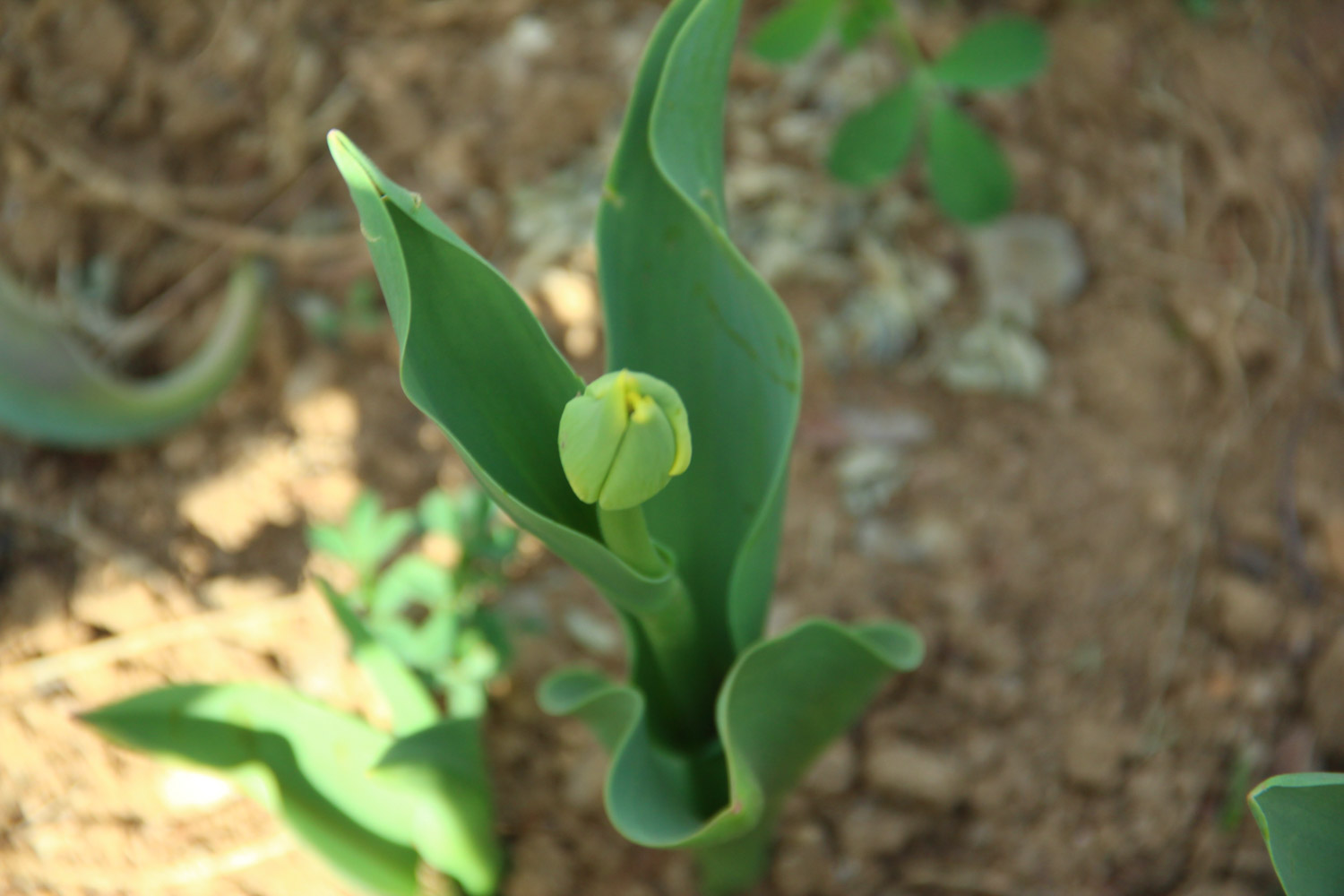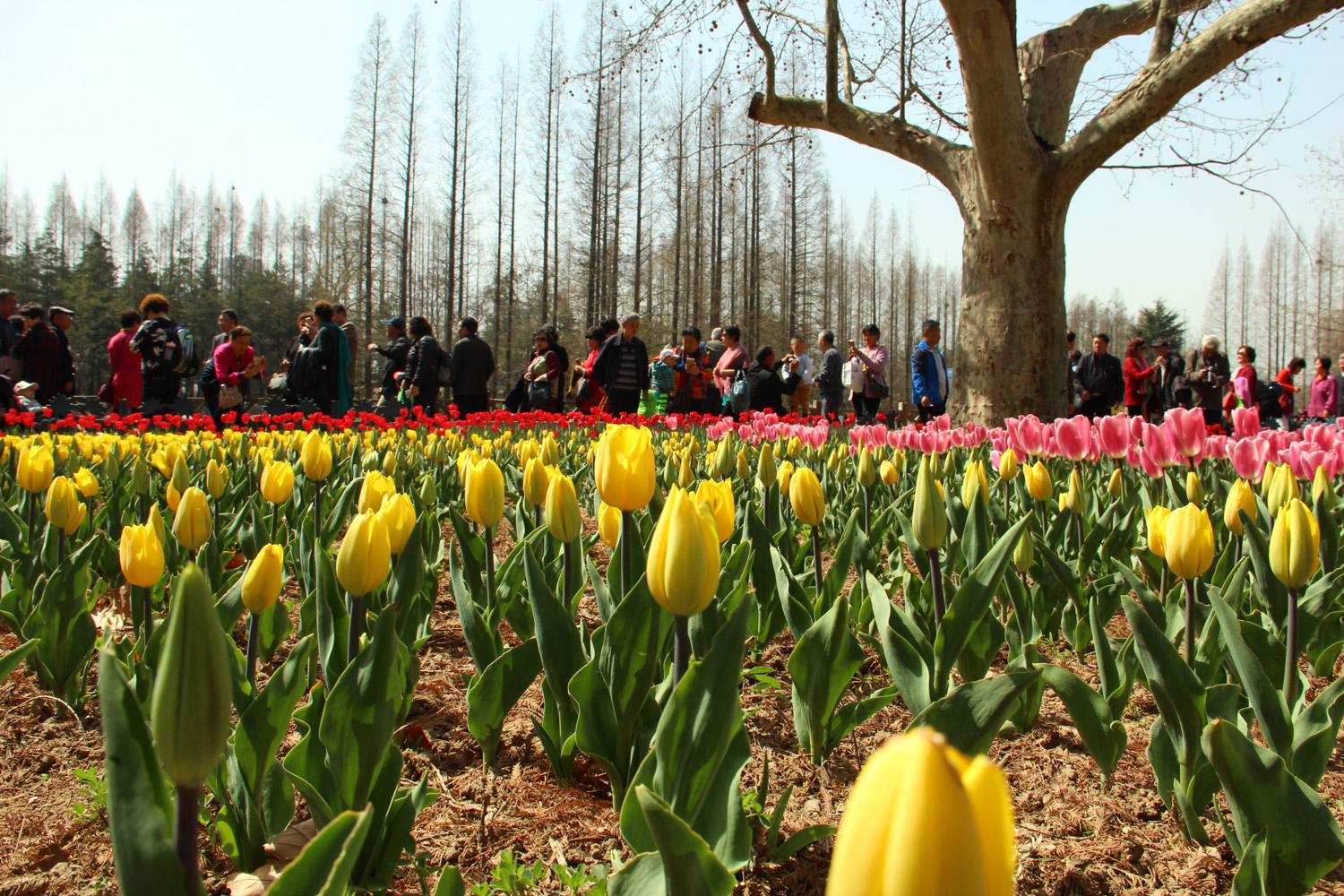Soil requirements
Tulips prefer fertile soil. The soil should be moist and breathable, preferably alkaline and soft sandy soil. The soil is mixed with rotten leaves and organic fertilizer such as dry chicken manure. A few days before planting, be sure to keep the soil loose and ensure sufficient water. After the seed ball sprouts, liquid fertilizer can be applied to the soil once or twice. Pay attention to keep the soil moist, but do not store water

Watering requirements
When watering tulips, it should be noted that the water requirements are very different in different periods. The watering time shall be in the morning as far as possible. When just planting, water should be poured through, so that the soil and seed ball are closely combined, easy to take root, and sufficient water should be maintained within a week. In flowering period, the water demand increases, so the water should be increased accordingly. After flower withering, the stage of growing seed ball can reduce water. Pay attention to the spraying method when watering, and try not to let water accumulate in the flowerpot

Temperature requirements
Tulips like to be warm in winter and cool in summer, but they are good at dealing with the cold. They can survive even when it is more than 30 degrees below zero. On the contrary, if the temperature is too high, it will inhibit its growth and lead to flower decay. However, the most suitable temperature for tulip growth is between 16 and 18 degrees. It starts to grow when the temperature reaches about 8 degrees. In the case of potted planting, the temperature conditions at home can be basically met

Pest control
The pests of tulips are mainly aphids and root mites. When pests occur, corresponding insecticides can be selected for spraying. The main diseases are stem rot, soft rot, quenching disease, broken color disease and blind bud disease. The prevention of diseases and pests is very important. During planting, the soil should be disinfected and healthy seed balls without diseases and pests should be selected for planting. The diseased plants found in the later stage should be dug up and destroyed decisively. At ordinary times, pay attention to maintaining ventilation and appropriate temperature

 how many times do yo...
how many times do yo... how many planted tre...
how many planted tre... how many pine trees ...
how many pine trees ... how many pecan trees...
how many pecan trees... how many plants comp...
how many plants comp... how many plants can ...
how many plants can ... how many plants and ...
how many plants and ... how many pepper plan...
how many pepper plan...


























